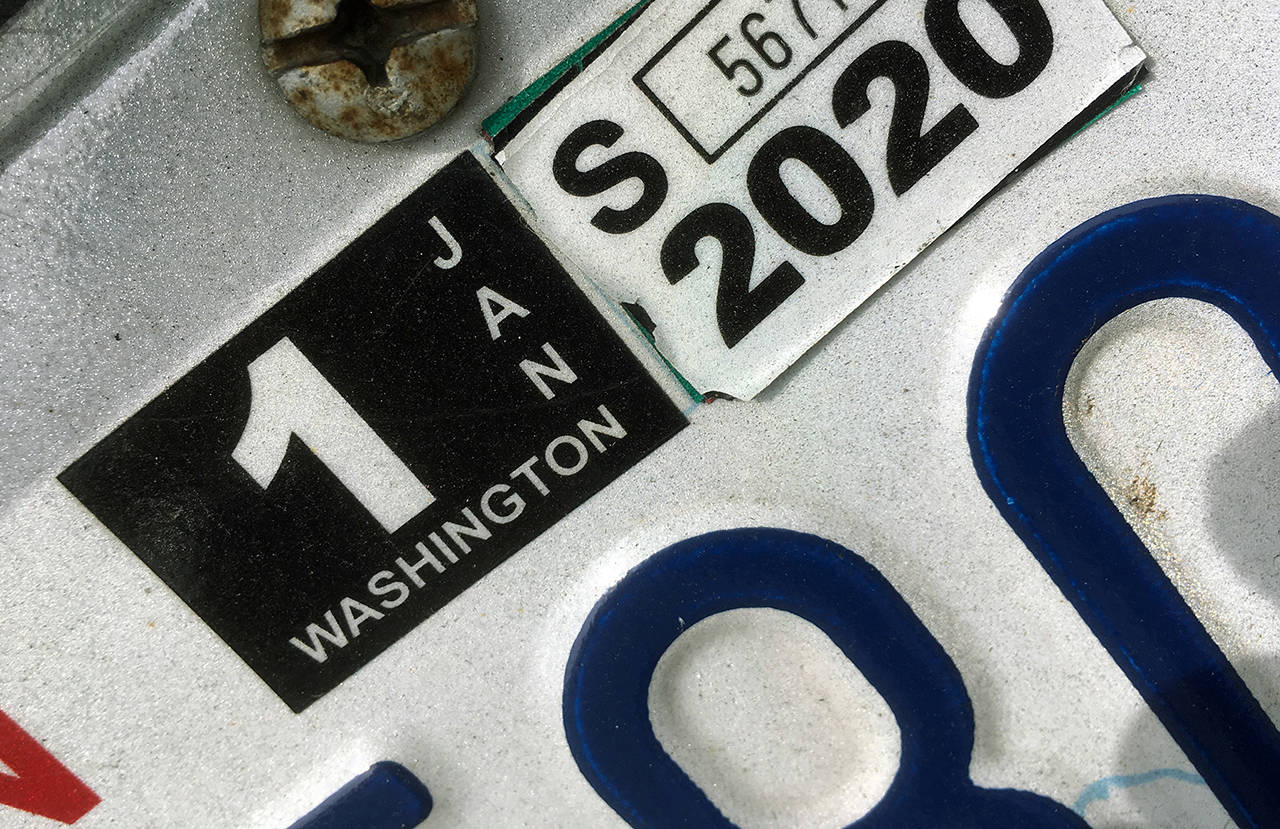SEATTLE — Leaders of Sound Transit made clear Thursday they have no plans to sell off bonds or reduce a motor vehicle tax as sought by the voter-approved Initiative 976.
They will be keeping close watch on a legal challenge of the ballot measure before considering how to deal with a significant reduction of revenues if that fight fails.
John Marchione, mayor of Redmond and chairman of the Sound Transit board, told a crowded meeting at the agency’s Union Station headquarters that it will not be taking any actions until the outcome of litigation is clear. Opponents of the measure think it is unconstitutional and have sued. On Tuesday, they’ll ask a King County Superior Court judge to issue an injunction preventing it from taking effect Dec. 5.
While Initiative 976 is passing statewide, it is being rejected by 53% of voters in the Sound Transit taxing district, according to figures presented to the board Thursday. That mirrors the 54% which approved the Sound Transit expansion plan known as ST3 in 2016.
“For the second time in just three years, the district voters who actually pay Sound Transit’s motor vehicle excise tax have endorsed its continuation to finance the transit expansions our region so desperately needs,” Marchione said in a statement issued after the meeting.
Statewide the measure was passing with 53% of the vote. In Snohomish County, it enjoys 58% support. And within Sound Transit’s boundaries in the county, it is passing in every city except Edmonds.
I-976 limits the annual vehicle registration fee for most passenger vehicles to $30. It axes most weight fees and slashes the electric vehicle fee, now at $150, to $30. A new $75 charge for hybrid and electric vehicles will remain in place. It is not affected because it was only recently enacted. That money pays for new charging stations. Also, four service and filing fees totaling $13.25 will continue to be tacked onto annual registration bills.
The measure doesn’t repeal MVET collected by Sound Transit until bonds are repaid and no longer outstanding, said Desmond Brown, counsel for the transit agency. And the rate will remain the same until bonds are retired, he said.
The city of Seattle and King County are taking the lead in the lawsuit challenging the constitutionality of the measure. Several associations, including the Washington State Transit Association, whose members include Sound Transit and the Association of Washington Cities, which includes many Snohomish County cities, have joined on.
Sound Transit plans on watching the legal fight closely. If the measure is found to be constitutional, the agency will likely challenge the measure’s obligation to retire outstanding bonds, Brown said.
In a presentation to directors, Sound Transit staff offered a stark picture of what could happen if all outstanding bonds were retired and MVET and rental car taxes were eliminated.
They forecast a loss of $7.2 billion through 2041, resulting in cancelation or delay of projects and reductions in service. The greatest impacts would fall on ST3 projects, including the extension to Everett, agency staff said.
Stopping projects already under way, like the Lynnwood Link extension, would not be recommended even if revenues decline, said Peter Rogoff, the Sound Transit CEO.
“The frustration at the end of the line is palpable,” said Bruce Dammeier, Pierce County executive and a board member, “The perception that people are paying a high car tab based on an inflated or inaccurate value of their car absolutely exacerbated this problem.”
During a public comment period, I-976 sponsor Tim Eyman said the election sent a very clear message.
“It was an overwhelming repudiation of Sound Transit,” he said.
He went on to announce his next initiative — running for governor in 2020.
Meanwhile, in Olympia, lawmakers are facing a projected $478.1 million hole in the current state transportation budget as a result of the initiative.
Of the total, $356 million will be siphoned away from a single fund, the Multimodal Account, which is a source of dollars for public transportation systems, rail projects and grant programs for cities and counties. This account also provides $60 million to Washington State Ferries for operations and vessel preservation.
Revenue will be reduced in eight other accounts, including ones for the Washington State Patrol and transportation packages approved by lawmakers in 2003, 2005 and 2015.
The Senate Transportation Committee held a work session Wednesday on the scope of the challenge. A similar conversation took place Thursday in the House Transportation Committee.
“We are burdened with a very complex problem,” said Sen. Steve Hobbs, D-Lake Stevens, chairman of the Senate panel. “Our job is to balance the budget and that is what we’re going to do.”
“It is my intention to do the cuts regardless of what happens because you don’t know what will happen,” Hobbs said. “We passed a transportation budget that was pretty fiscally responsible. I know we can do this in a bipartisan manner.”
Lizz Giordano: 425-374-4165; egiordano@heraldnet.com; Twitter: @lizzgior.
Talk to us
> Give us your news tips.
> Send us a letter to the editor.
> More Herald contact information.

























